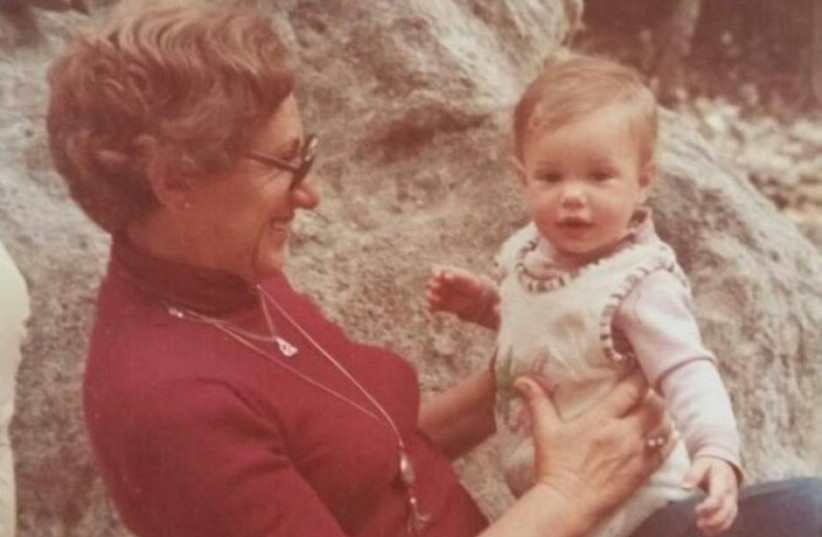Eden is the sister of IDF Sergeant Roei Dawy, who died in battle in Gaza. She ensured everyone who passed through Jerusalem's entrance saw this billboard with a message from her brother: “Just be strengthened from everything.”
Eden shared that when she contacted the Mega Media company to order the billboard, they unexpectedly offered to give her the first two days free of charge. “I hope to find a way to keep the message up until after Independence Day!” she said.
Post-Passover Inspiration
“My Seder was nothing special, and I was irritable and stressed during the entire holiday. I feel like I missed Passover.”
After reading this message, I was reminded of a quote I once heard:
“Our feelings are not the measure of the value of our mitzvah observance.”

Regardless of whether we did or didn’t feel anything special at the Seder, we all received a significant spiritual infusion that affected us and the whole world. As long as we ate matzah and the maror, drank four cups of wine, and heard the story of the Exodus from Egypt, even if we didn’t feel the holiness, our ancestors’ Passover experience became part of us and was absorbed into our souls. There was a dose of faith, hope, and meaning within every crumb of matzah and every drop of wine.
And now, as we go back to our everyday routine, let’s try to find joy and elevation in the mundane. Most life is not made up of the dramatic closing prayer on Yom Kippur or the Seder night. As the prophet Ezekiel stated: “Does anyone scorn little things?” He was telling us not to minimize the little things in life. The days that follow a holiday are also holy and full of meaning.
Our Power of Choice
Rabbi Eliezer Silver, a leader of American Jewry in the 1940s, was the president of the Vaad Hatzalah, the committee established during the Holocaust to rescue Jews from Europe and to help the survivors.
Shortly after the war ended, Rabbi Silver arrived at one of the Displaced Persons (DP) camps. He organized a prayer service and invited one of the survivors to participate. This man adamantly refused to take part in the prayers, explaining his position by way of the following story:
“In the camps, there was a religious man who had somehow managed to smuggle in a Hebrew prayer book, which he gave other prisoners to use. At first, I admired his courage and compassion for others, but I soon found out the rest of the story: This man would “lend” people this prayer book in exchange for food, thus taking advantage of them in their weakened state. Starving Jews would hand him their last morsel of bread in exchange for a few minutes with his siddur. If this is the way Jewish people act, I will never open a siddur again!”
Rabbi Silver listened to this story, thought about it momentarily, and responded gently: “My dear Jew, I understand how you must be feeling. It is difficult to judge a person in such horrific circumstances, and you are correct that he should not have used his prayer book this way. But I have only one question for you: Why do you focus on the man who used his prayer book to take food away from starving Jews? Why not focus, instead, on those starving Jews who were willing to give up their last piece of bread for a chance to pray from a prayer book? And, now, how can we not continue to do that for which they were willing to sacrifice their lives?”
I don’t think it’s a coincidence that I heard this story for the first time this year. Because even after we have come face to face with absolute evil, we can still choose what to focus on, how to respond, and how to interpret events.
We can quickly point to the mistakes made on October 7, the horrific slaughter of innocents, oversights, and failures yet to be analyzed — all the horrors of that Simchat Torah. Or, instead, we can focus on the triumph of the human spirit, the will to carry on, the outpouring of love and caring, and the incredible faith and strength that have emerged since that day.
Translated by Yehoshua Siskin, Janine Muller Sherr.
Want to read more by Sivan Rahav Meir? Visit sivanrahavmeir.com
